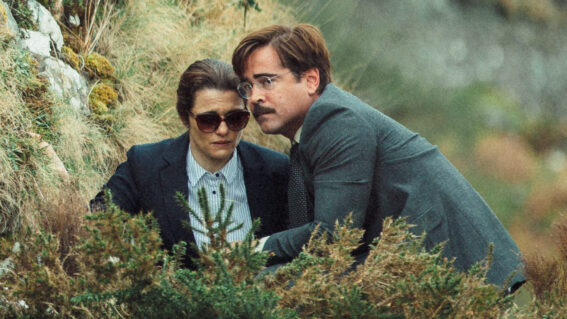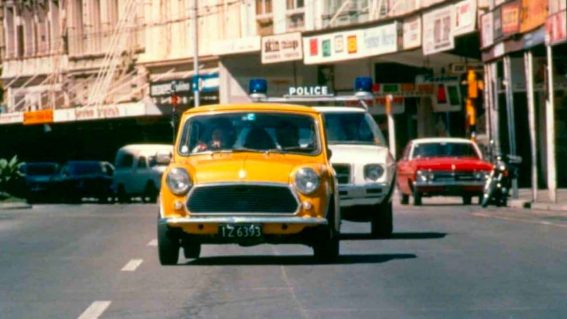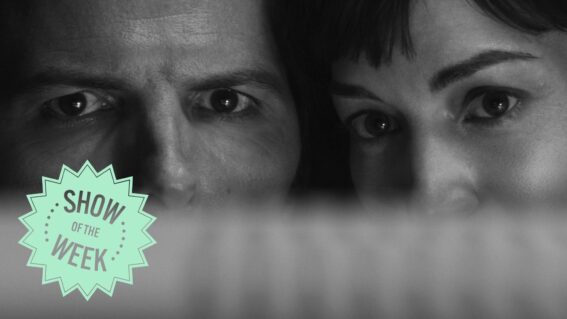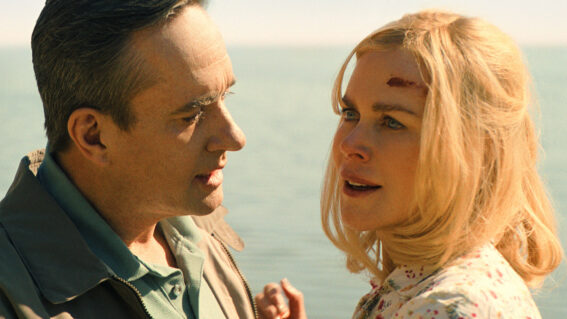Expats offers a rare take on ‘difficult women’ in a beautiful, ambitious adaptation

Clarisse Loughrey’s Show of the Week column, published every Friday, spotlights a new show to watch or skip. This week: Expats, an ensemble drama adapting Janice Y K Lee’s The Expatriates.
Expats is a series full of ugly emotions. They’re the kind that rise up in your throat like bile. They’re the kind so shameful that your mind scrambles to brush them away, because to feel them in full could destroy the myth you’ve built around your own soul. When we talk about television’s “difficult women”, it’s not often that we talk about ones like Margaret (Nicole Kidman), Mercy (Ji-young Yoo), and Hilary (Sarayu Blue), who tear relationships apart, hurt their children, and waltz blindly through privilege—it’s easier, after all, to congregate around those whose messiness we can brand as empowering and radical.
Filmmaker Lulu Wang, in her 2019 debut The Farewell, had already expressed an interest in the grubbier corners of the human condition, in the intimate but unresolvable dilemmas. But, here, they’ve been allowed to blossom in full in this beautiful, ambitious adaptation of Janice Y K Lee’s The Expatriates, with the aid of an all-female writer’s room. All three women are American, now living in Hong Kong—though, not truly Hong Kong, perhaps, since Wang’s camera remains keenly aware of the invisible demarcations between the vast, soulless chambers of the rich, and the ordinary streets and homes that lie beyond.
Margaret, a landscape architect now relocated to a city with few, private gardens, feels mastless. She’s rented a bare-bones apartment somewhere away from her husband, Clarke (Brian Tee), and the kids—all so she can quietly sneak away for a soak in a plastic, pink tub. Wang, however, will stop to linger on the door opposite, where two mops are propped up to block the way. What kind of life might lie beyond that threshold? Expats waits for the perfect moment to let us know.
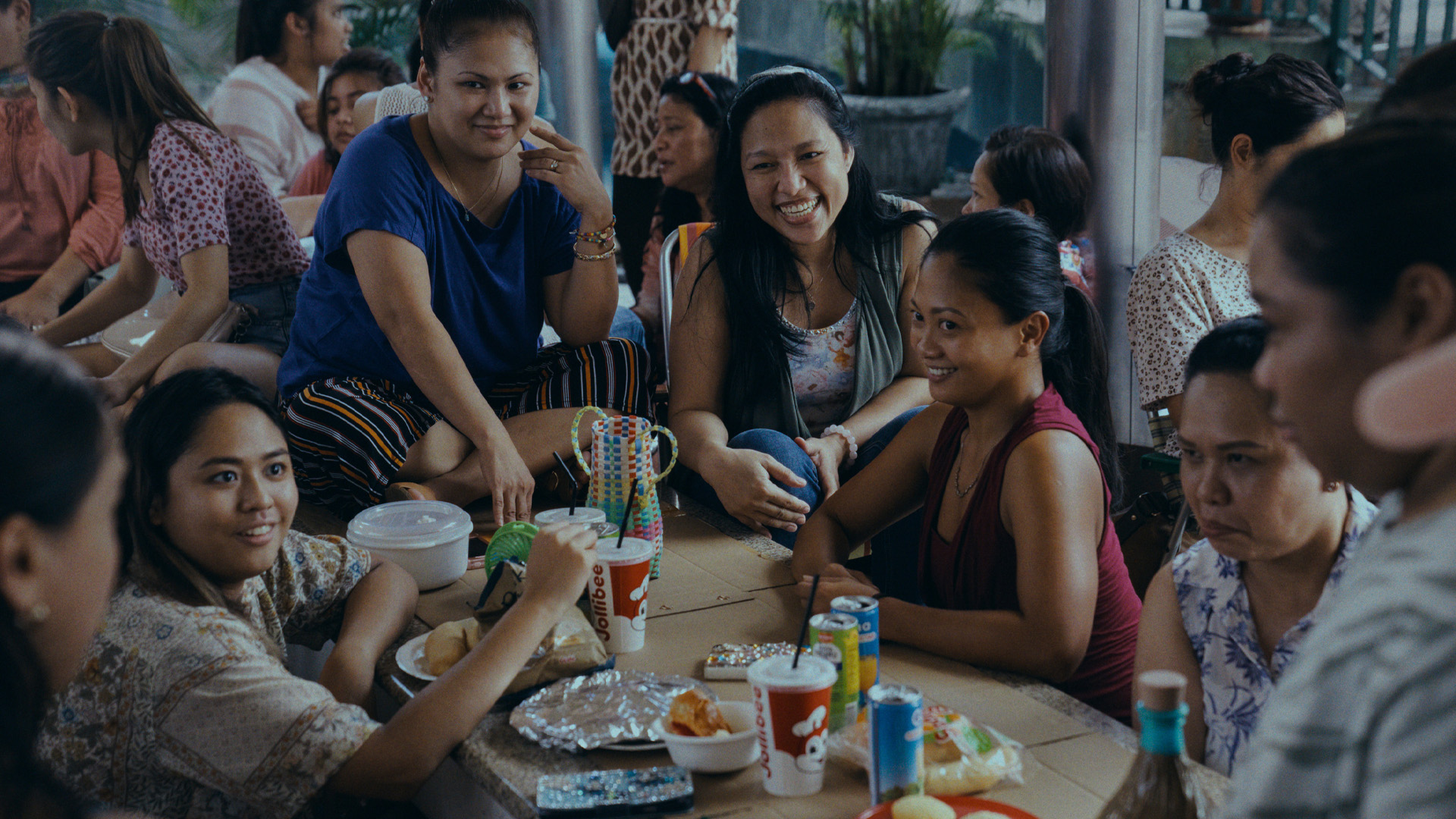
The series’s penultimate episode could almost be treated as a standalone film—or, at least, a complimentary portrait of a world these wealthy women live in active denial of. For four episodes, we listen to Margaret and Hilary talk about their domestic employees, Essie (Ruby Ruiz) and Puri (Amelyn Pardenilla), as “part of the family”. Yet, Margaret’s skin prickles at the sight of Essie’s genuine, maternal bond with her son. And when the family all file out for a day in the city, we stay behind with Essie for a moment, as the lights shut off and she’s suddenly left, alone and in the dark. Expats’s fifth episode, then, provides the antidote, as these women share their employers’s secrets and gossip about their infidelities with their real chosen family, their fellow workers—all while the streets behind them fill with student protestors battling for democracy.
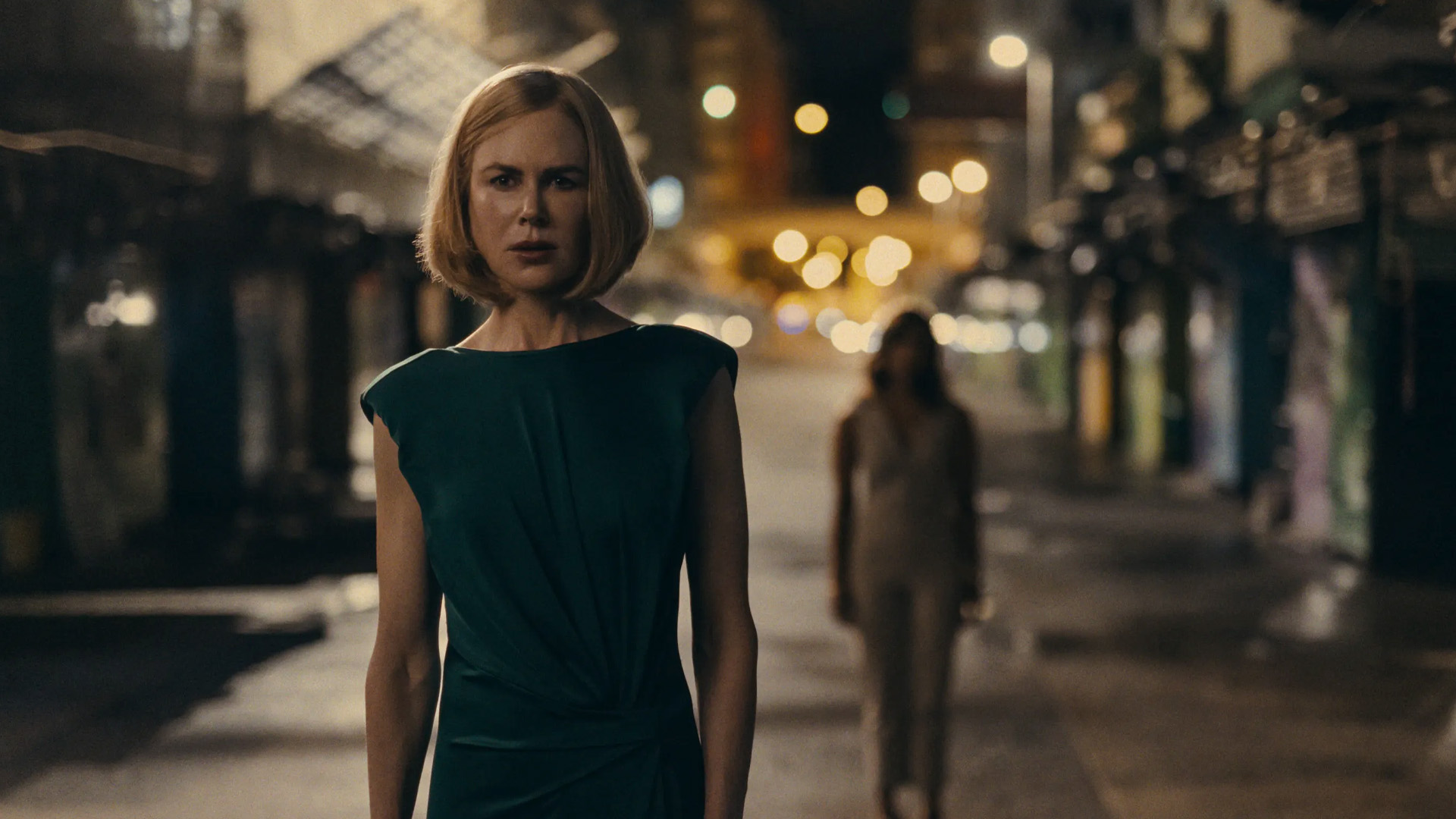
It’s a compelling episode on its own, but also adds necessary context to the show’s main storyline. Margaret meets Mercy, a recent Columbia graduate of Korean descent, who’s on frosty terms with her parents and drifts between responsibilities. Margaret is taken by Mercy’s liberated spirit, and so the pair drift towards some sort of casual babysitting arrangement. We’re not immediately told what happened next but, as Mercy’s opening monologue reveals, hers is the kind of story never told: about what happens when one momentary mistake ruins a life, and whether that kind of guilt can ever be cleansed.
Hilary, meanwhile, sees her marriage to David (Jack Huston), already fragile over the question of children, implode after a momentary expression of distrust. If there’s a central thesis to Wang’s web of resentment and self-destruction, it’s that, in a crisis, we tend to discover that we don’t really know the people in our lives, and that we may not even know ourselves.
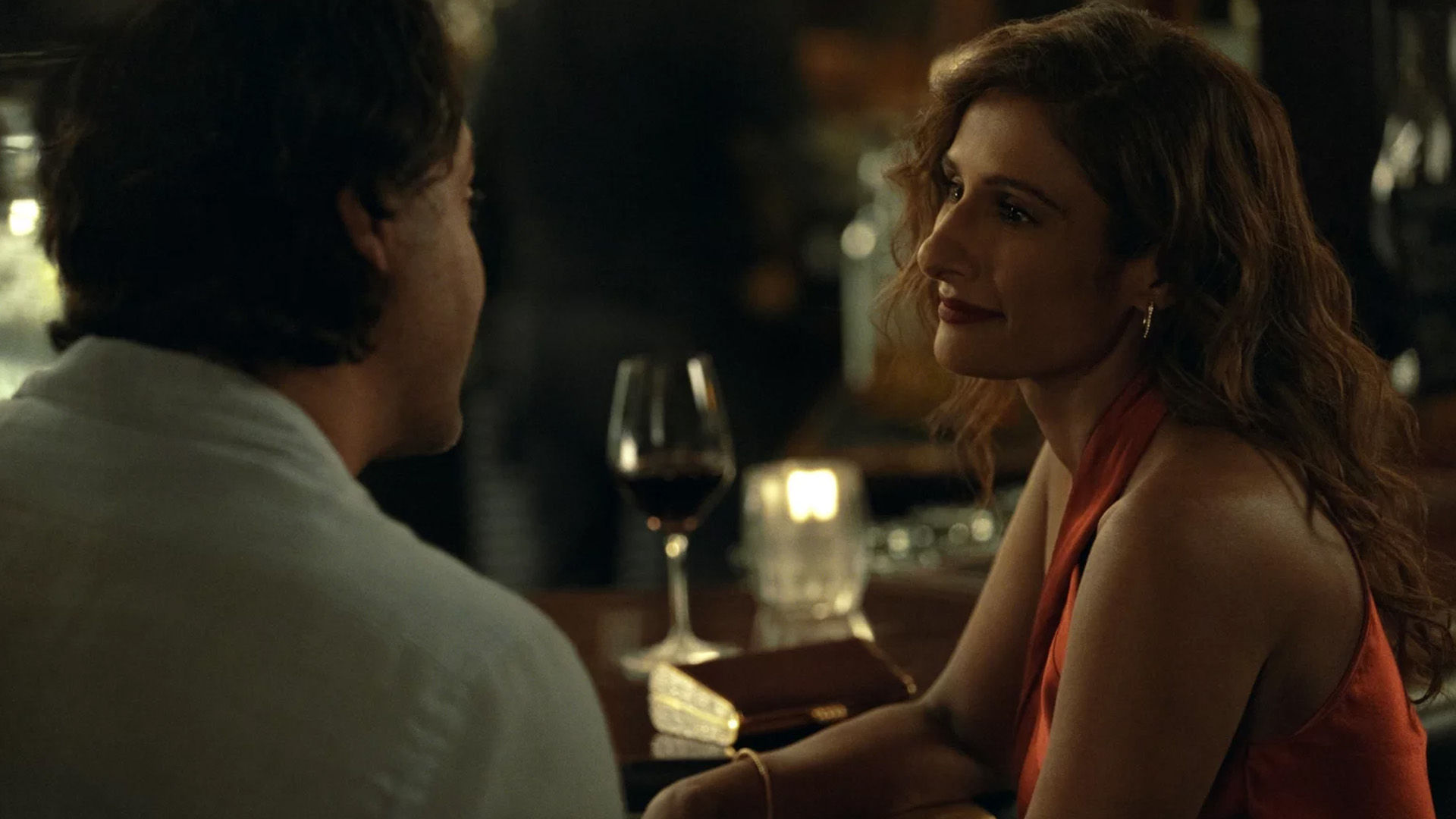
Kidman seems particularly attracted to these kinds of characters—Margaret, to her dismay, would likely discover she shares a fair amount of common ground with the neuroses-laden matriarchs of The Others and Park Chan-wook’s Stoker. It was the actor, in fact, who originally brought Lee’s book to Wang, having seen The Farewell. But, Expats, despite the A-list clout she brings to the project, is wholeheartedly an ensemble piece, and Yoo and Blue carve their own thorniness out of the work. If you want to talk about “difficult women”, here they are—not to be championed, but merely to be witnessed and understood.



